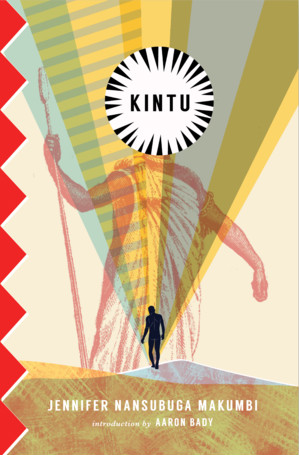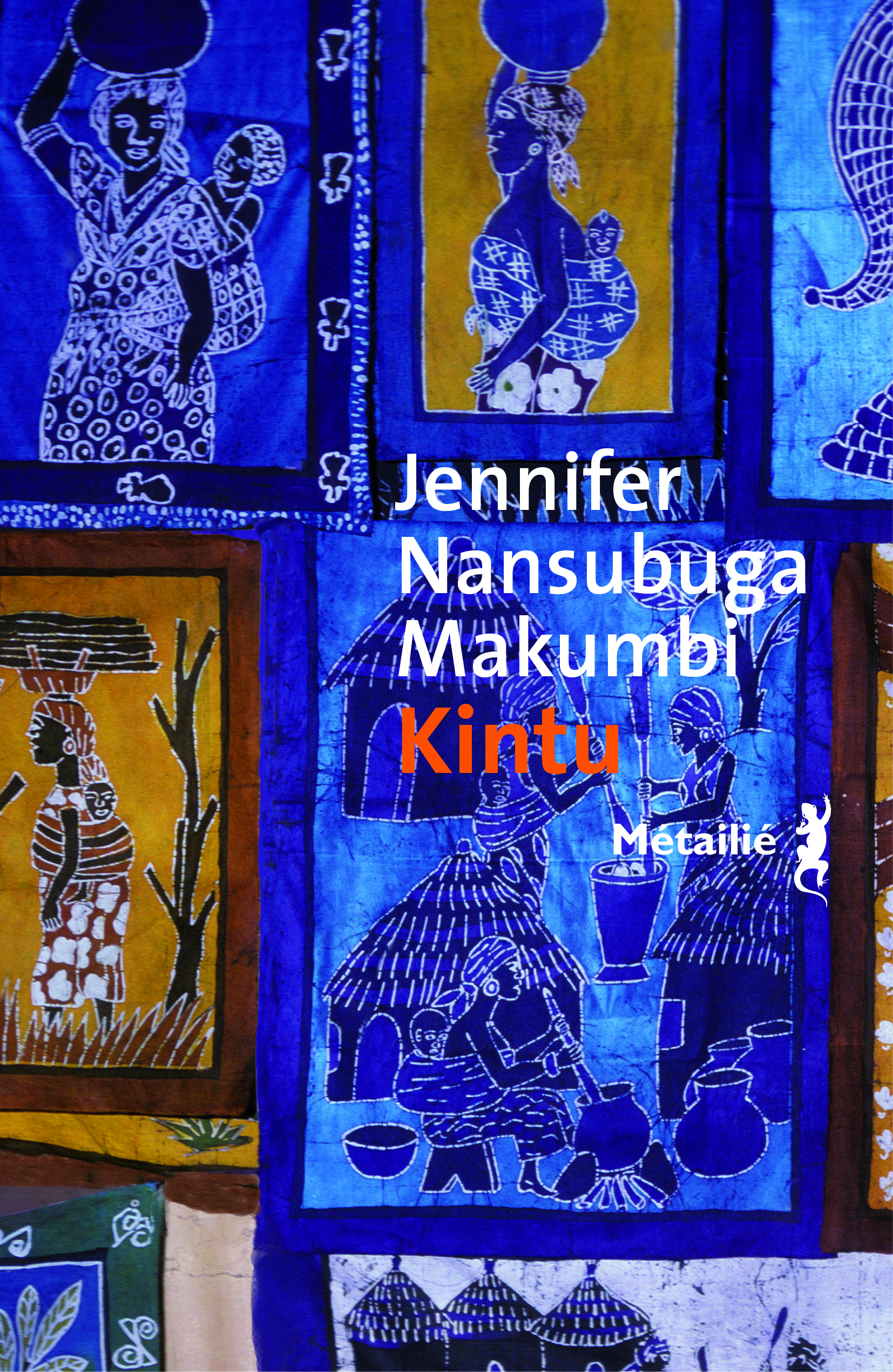
It was actually first published in Kenya, however soon after people started reading and loving it, it was published in the UK.

When Makumbi finished Kintu she had a hard time having it published. Even the title portrays this, as in Ugandan mythology, Kintu is the name of the first person on Earth. It is about life in Uganda for Ugandans with Ugandan names. Kintu is a novel about Uganda, it was refreshing to read a novel that stays in the country it is from, even if some characters study abroad, the plot is not about emigration or life as an immigrant. But don’t fret, the novel has very strong female characters that shape the plot and define the ending. For me, in this first reading, I was most touched by Suubi, the second part and only women who has a part. Each character is given a personality with the descriptions it beholds, and no character has the same life just the same last name. Magic and curses – swarms of bees and undead twins tormenting the living. Each part shows a different perspective of Uganda.

After the first part, the novel occurs at different moments of 2004, always coming back to the fate Kintu Kamu’s dead body. The first part gives readers a thorough glimpse of Uganda’s power structures, rooted ways of living and the first family members whose personalities suddenly exist in future family members. Set in 1750, a story of love, duty and tradition about Uganda’s past that culminates in a family curse that hunts the family for centuries. Each part introduces the particular family member it will be about and reflects a different aspect of Uganda, both past and present.Īt first, I was intimidated by the plot- it starts with a mob killing Kintu Kamu in 2004, a character readers know nothing about – but then it tells the story of Kintu Kidda. The structure of the novel is straight forward, it consists of six parts, each corresponding to a distant family member of the ancient Kintu family and a homecoming in the end. Every paragraph is embedded with the tradition of oral history and its transports readers back to 18th Century or 2004 Uganda. I will definitely come back to Kintu again at some point in my life, even if I only read one part, just to read Makumbi’s beautiful narrative and blissful storytelling. All she had to was bury childless Babirye and resurrect Nnakato and life would go back to normal.

If Kintu – the only person to tell them apart – doubted then no one could be sure. Kintu, the family, Mayirika, and even Buddu Province hung on this moment: she could hold it or she could let everything crash.


 0 kommentar(er)
0 kommentar(er)
